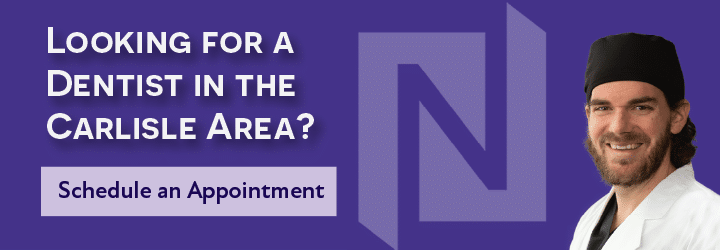
When should I see a dentist about a toothache?
Having a toothache or pain is not fun, but it can also be dangerous if you don’t see a dentist. Symptoms of a toothache may include sharp, throbbing, or constant pain. You may have swelling, fever or headache, or foul-tasting drainage from an infected tooth. The symptoms may vary but it’s important to know when to go to the dentist.
See your dentist as soon as possible about your toothache if:
- You have a toothache that lasts longer than 1 or 2 days
- Your toothache is severe
- You have a fever, earache, or pain upon opening your mouth wide
Proper identification and treatment of dental infections are important to prevent its spread to other parts of the face and possibly even to the bloodstream.
Treatments for a toothache:
- Treatment for a toothache depends on the cause. If a cavity is causing the toothache, your dentist will fill the cavity or possibly extract the tooth, if necessary.
- A root canal might be needed if the cause of the toothache is determined to be an infection of the tooth’s nerve. Bacteria that have worked their way into the inner aspects of the tooth cause such an infection.
- An antibiotic may be prescribed if there is fever or swelling of the jaw.
For temporary relief, you can do the following:
- Rinse with warm saltwater: Saltwater can loosen debris between your teeth, act as a disinfectant and reduce inflammation. Stir a ½ teaspoon of salt into a glass of warm water and rinse your mouth thoroughly.
- Rinse with hydrogen peroxide: A hydrogen peroxide (3% solution) helps to reduce inflammation and pain. Dilute the hydrogen peroxide with equal parts water and rinse thoroughly. Do not swallow it.
- Cold compress: For swelling and pain hold a cold compress of ice wrapped in a towel to the painful area for 20-minute periods. Repeat every few hours.
- Pain medications: Over-the-counter pain medications can reduce pain and inflammation. Take as directed on the bottle.
Since most toothaches are the result of tooth decay, following good oral hygiene practices can prevent toothaches. Good oral hygiene practices consist of brushing regularly with a fluoride-containing toothpaste, flossing daily, and seeing your dentist twice a year for professional cleaning.
Contact us at Noll Family Dentistry today to schedule an appointment. If you have a toothache make sure to call us as soon as possible so we can get that taken care of and you can be pain-free again!


